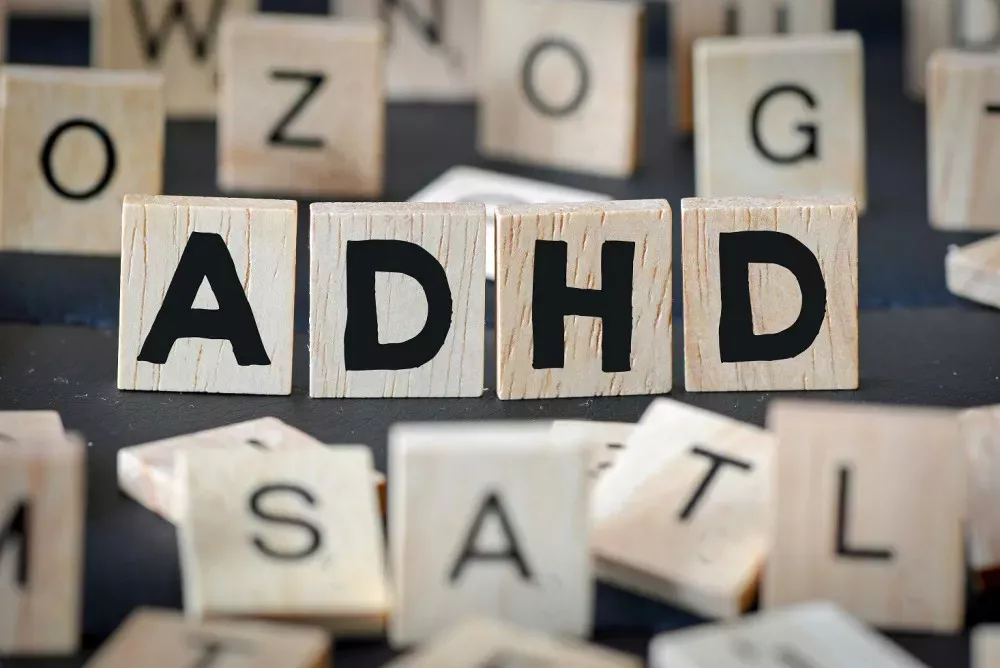Can Adults Develop ADHD?

About 6 million kids in the US have been diagnosed with attention-deficit/hyperactivity disorder (ADHD). That means that about 10% of children between the ages of 3 and 17 deal with this neurodevelopmental condition that changes their brain chemistry and leads to disorganization, restlessness, inattention, and inability to focus.
Fortunately, advanced treatments and compassionate care from one of the country’s leading Christian therapists, Joy Kwakuyi, DNP, PMHNP-BC, address the disruptive symptoms associated with ADHD and help individuals lead focused and productive lives.
One of the questions we often get here at Faith Integrated Psychiatry in Tucson and Phoenix, Arizona, is: Can adults develop ADHD? So, Dr. Kwakuyi has taken the time to explain the latest research surrounding the possibility of late-onset ADHD.
ADHD in children
Consensus in the mental health community has been that ADHD develops during childhood or adolescence. It’s occasionally diagnosed in young children ages 3-5, but most find out they have ADHD a little later, between the ages of 6 and 17. Research also shows that ADHD affects boys (13%) more often than girls (6%).
The signs of the condition typically emerge in school, prompting testing and diagnosis. About 50% of children with ADHD exhibit behavioral and conduct problems. Although there’s no cure for ADHD yet, Dr. Kwakuyi can help you cope with and reduce the severity of symptoms through medication, supplements, individual therapy, and/or a holistic approach to mental health that incorporates the tenets of the Christian faith.
ADHD in adults
About half of children with ADHD continue to experience symptoms into young adulthood. Some eventually outgrow the disorder, but many struggle with ADHD issues throughout their lives.
For many years, the prevailing knowledge base has indicated that ADHD only develops in children. Adults with ADHD who exhibited signs of the disorder were only diagnosed if symptoms existed prior to adolescence. If an adult presented with ADHD symptoms but had no childhood diagnosis, most physicians chalk it up to one of two scenarios:
- The patient was misdiagnosed in childhood
- Symptoms were masked in childhood
Either way, it was believed that the condition preexisted.
However, new research is exploring a third possibility: late-onset ADHD. These new studies have identified a growing number of adults with ADHD and no diagnosis or symptoms in childhood, suggesting that adult ADHD may be a distinct form of the disorder unrelated to the childhood version. Even the Diagnostic and Statistical Manual of Mental Disorders, Fifth Edition (DSM-5) released an update recognizing the large population of late-onset adult ADHD. The potential for new studies, including possible genetic links, is ripe.
ADHD in women
Women who experience adult-onset ADHD symptoms face a double-whammy of resistance. First, there’s a lack of understanding about adults developing ADHD; second, ADHD is less prevalent in females. This combination makes it difficult for women to seek and find adequate care for their symptoms.
Dr. Kwakuyi understands the nature of ADHD in children and adults and offers effective treatments for all types and all ages. Whether you had ADHD as a child and are still having symptoms or are an adult experiencing symptoms for the first time, we can help.
Don’t let misinformation or lack of understanding keep you from getting the care you need. Call either of our two Arizona offices today to schedule a consultation with Dr. Kwakuyi or request an appointment online.


